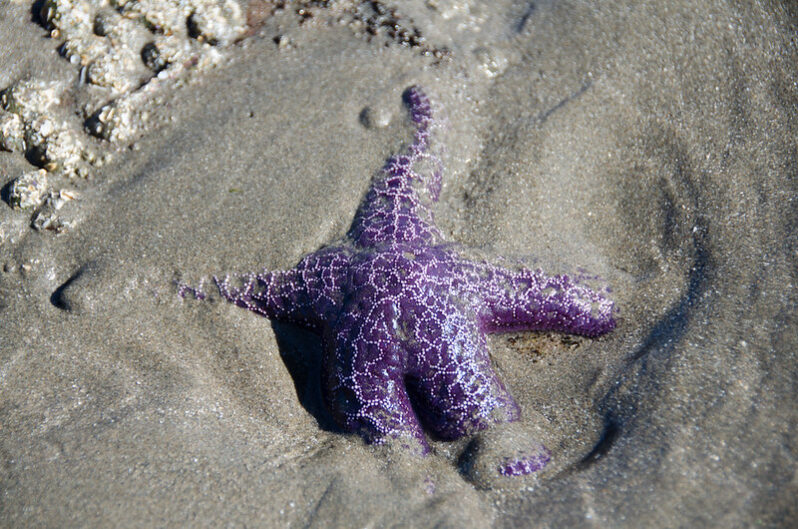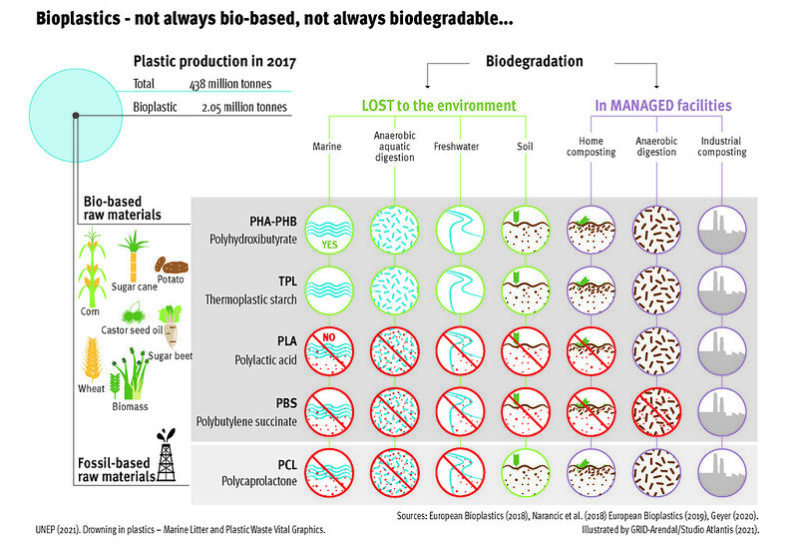Cities Are Rapidly Reclaiming Land at Risk of Extreme Sea Level Rise – Hakai

As the sea rises and the population booms, builders around the world are in a race to transform coastal bays and shallow seas into new land. Yet don’t mistake this rush of land reclamation as a response to the challenges we face. “It’s built for rich people,” explains Dhritiraj Sengupta, a physical geographer at England’s University of Southampton. Sengupta’s latest research shows there’s been a huge increase in the use of reclaimed land for luxury hotels, shopping areas, and high-end living spaces—developments designed to boost a city’s global reputation…
How Will Creatures That Can Barely Move Handle Climate Change? – Hakai Magazine

As the world warms, animals living near the coast are being battered by stronger storms, rising seas, and extreme temperatures. While fish, birds, and other species might be able to escape—often toward the poles—many marine creatures can barely move, let alone speed out of the way.
Scientists have long known that on hot days more mobile shoreline creatures like crabs take steps to control their body temperature by scuttling into cool crevices…
Don’t Overestimate Bioplastics’ Benefits – Hakai Magazine

Bioplastics may avoid some of the issues associated with non-biodegradable fossil fuel–derived plastics, but they’re no panacea.
Plastics produced from plants are often considered less environmentally damaging than plastics made from petrochemicals. But scientists are warning that we should be careful making such assumptions…
